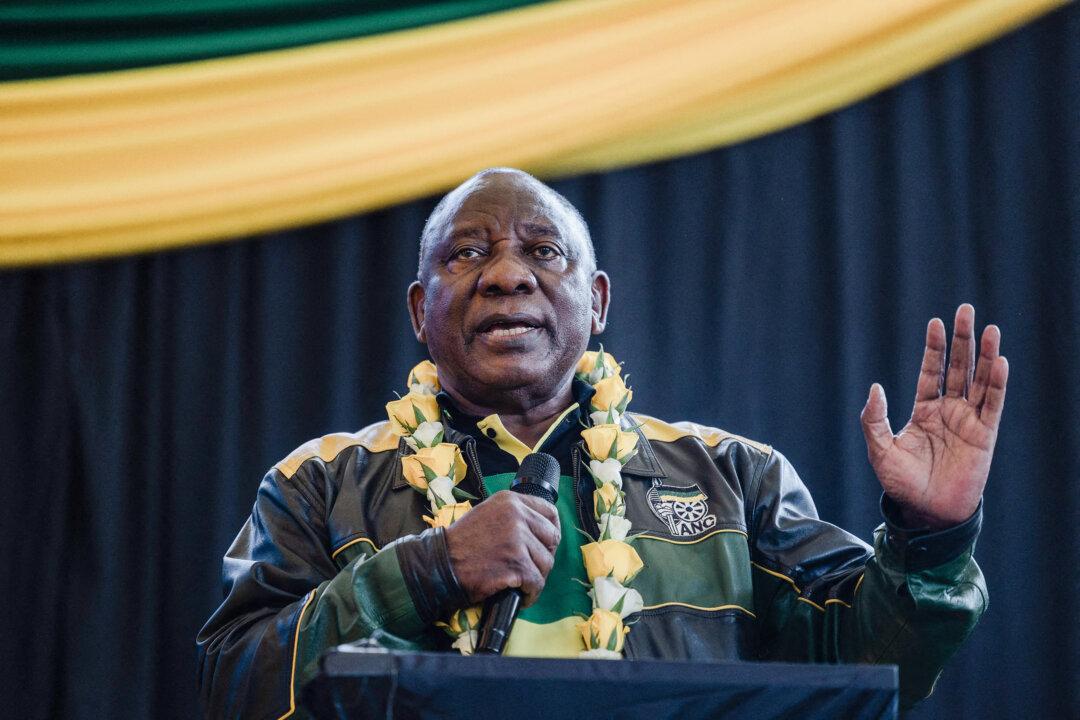JOHANNESBURG—The leaders of Africa’s largest, most industrialized economy and the world’s greatest superpower are set to meet at the White House on Wednesday with relations between the two apparently at an all-time low.
With the South African government firmly in the camp of America’s primary geopolitical foes and accused by U.S. President Donald Trump of racially persecuting white Afrikaners, one international relations analyst said the “potential for flashpoints is ultra-high.”





